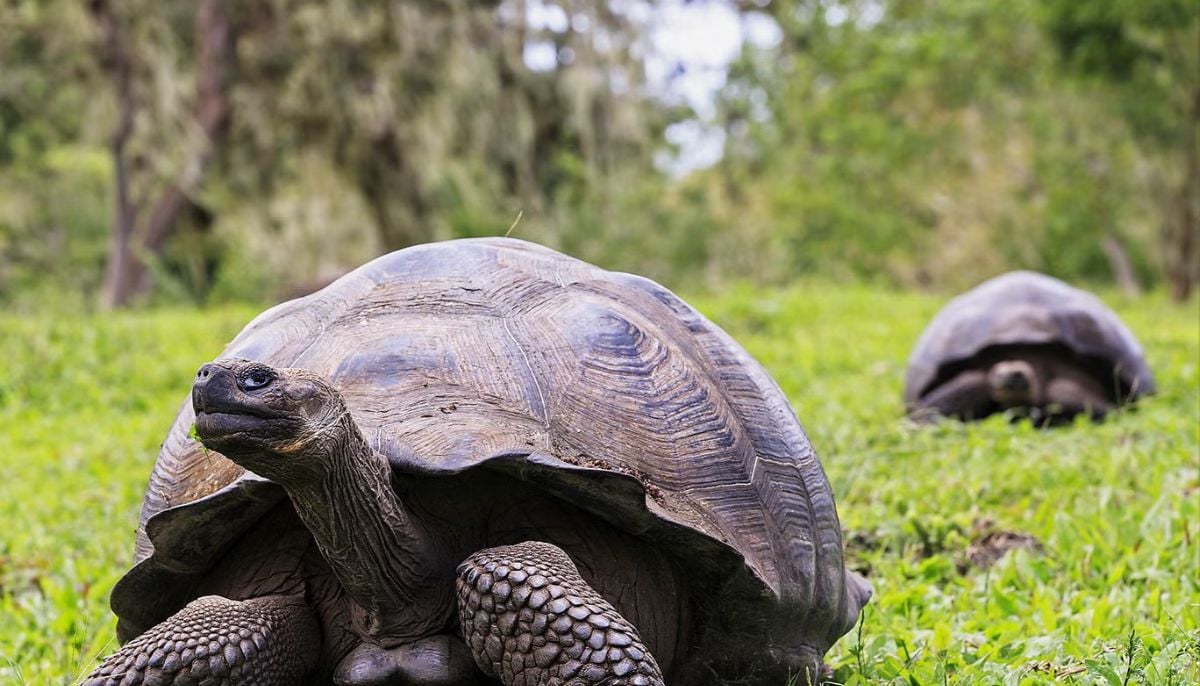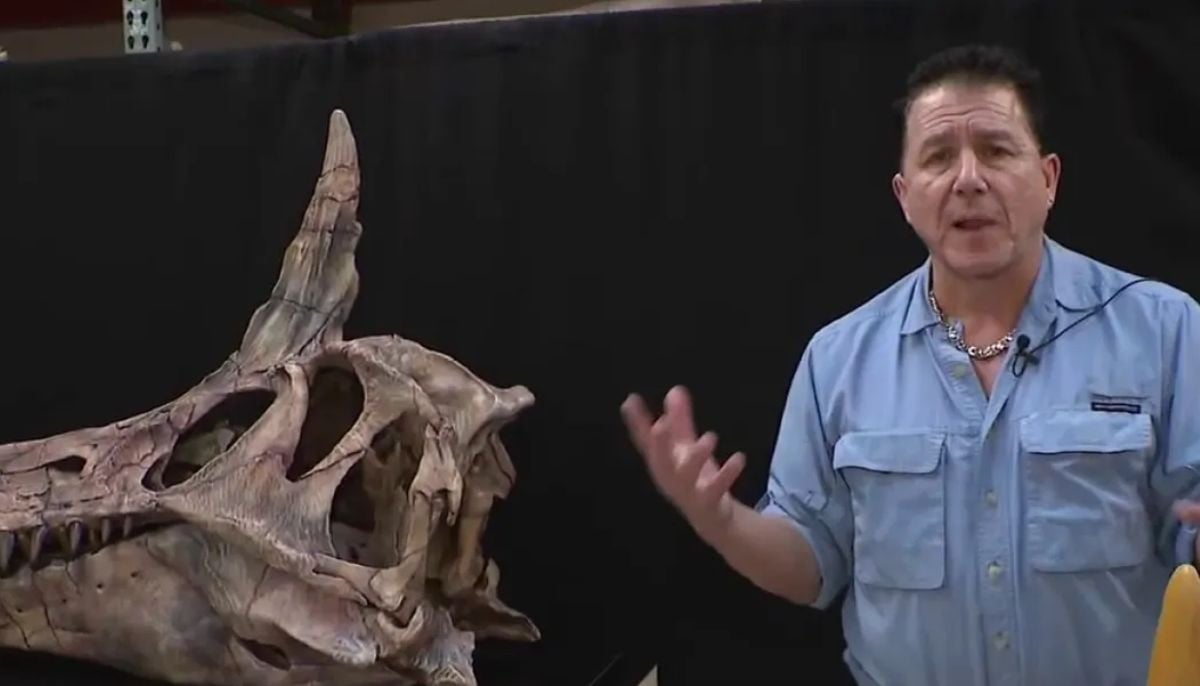List of smartphones on which WhatsApp will stop working after Dec 31
WhatsApp to issue warning before suspending app service on some smartphones
Just like every other year, WhatsApp will suspend its services on some smartphones, which will no longer be able to use the app after today (December 31).
As per a report published by The Independent, the instant messaging app continues to bring new updates. However, as some smartphones running on old operating systems will cease to support the app, they will become incompatible with the app after the latest updates following December 31.
The company will suspend its services for smartphones that have outdated operating systems. However, the users of these smartphones will get a warning message before the app stops working on their phones.
"Devices and software change often, so we regularly review what operating systems we support and make updates," said a statement issued by WhatsApp.
"These devices also might not have the latest security updates, or might lack the functionality required to run WhatsApp. To choose what to stop supporting, every year we, like other technology companies, look at which devices and software are the oldest and have the fewest number of people still using them."
If you want to update your operating system on an iPhone, go to the "general" settings and select "software update.
The smartphones which will be unable to support the upgraded version of the messaging app with future updates are listed below:
- iPhone 5
- iPhone 5c
- Archos 53 Platinum
- Grand S Flex ZTE
- Grand X Quad V987 ZTE
- HTC Desire 500
- Huawei Ascend D
- Huawei Ascend D1
- Huawei Ascend D2
- Huawei Ascend G740
- Huawei Ascend Mate
- Huawei Ascend P1
- Quad XL
- Lenovo A820
- LG Enact
- LG Lucid 2
- LG Optimus 4X HD
- LG Optimus F3
- LG Optimus F3Q
- LG Optimus F5
- LG Optimus F6
- LG Optimus F7
- LG Optimus L2 II
- LG Optimus L3 II
- LG Optimus L3 II Dual
- LG Optimus L4 II
- LG Optimus L4 II Dual
- LG Optimus L5
- LG Optimus L5 Dual
- LG Optimus L5 II
- LG Optimus L7
- LG Optimus L7 II
- LG Optimus L7 II Dual
- LG Optimus Nitro HD
- Memo ZTE V956
- Samsung Galaxy Ace 2
- Samsung Galaxy Core
- Samsung Galaxy S2
- Samsung Galaxy S3 mini
- Samsung Galaxy Trend II
- Samsung Galaxy Trend Lite
- Samsung Galaxy Xcover 2
- Sony Xperia Arc S
- Sony Xperia miro
- Sony Xperia Neo L
- Wiko Cink Five
- Wiko Darknight ZT
-
Scientists uncover surprising link between 2.7 million-year-old climate tipping point & human evolution
-
NASA takes next step towards Moon mission as Artemis II moves to launch pad operations following successful fuel test
-
Spinosaurus mirabilis: New species ready to take center stage at Chicago Children’s Museum in surprising discovery
-
Climate change vs Nature: Is world near a potential ecological tipping point?
-
125-million-year-old dinosaur with never-before-seen spikes stuns scientists in China
-
Scientists stunned as shark appears for first time in Antarctic Southern Ocean waters
-
New study suggests universe can end in ‘Big Crunch’ in 20bn years
-
Hidden Venus: New data discovers massive underground Lava Tube












